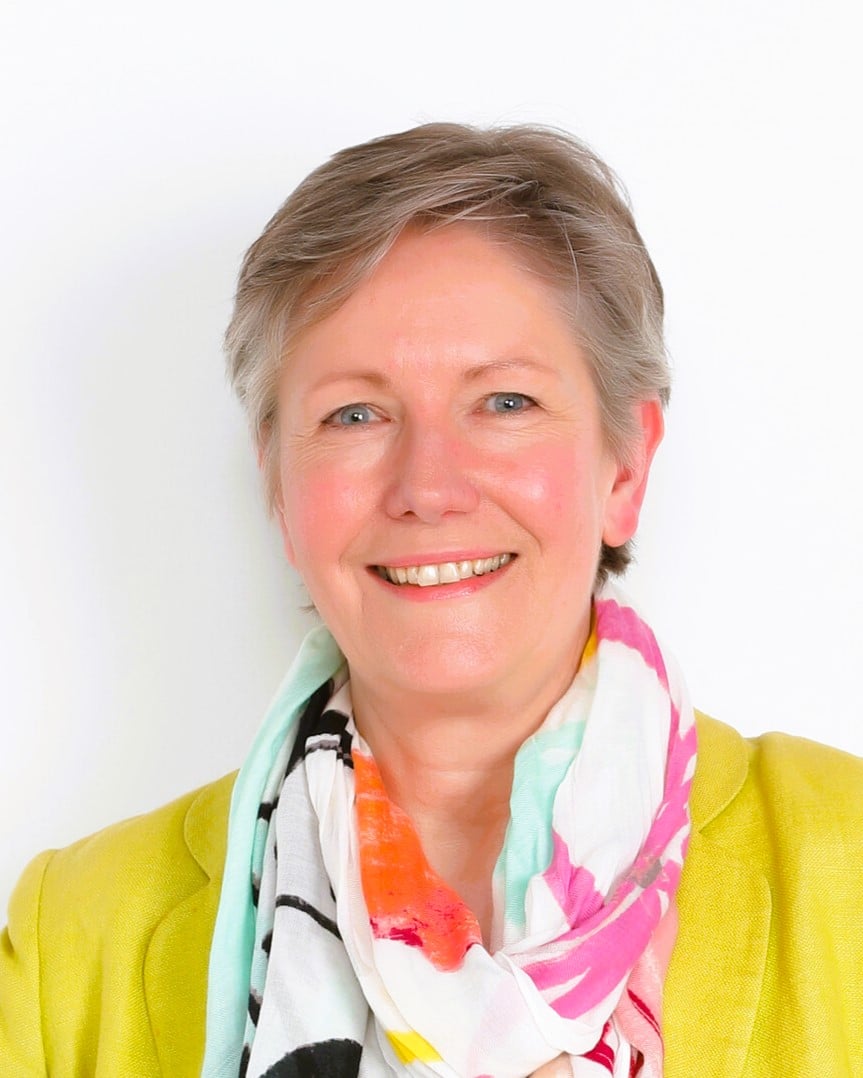SAFe® 6.0 DevOps
Apply the DevOps role to bring alignment throughout a SAFe® enterprise and put together high performing Agile teams. Get equipped with the tools and knowledge needed for DevOps to increase your value to SAFe® teams
This two-day SAFe® DevOps course will provide a deep-dive into DevOps competencies needed to improve time-to-market through the use of the Continuous Delivery Pipeline.
You’ll understand the complete flow of value from Continuous Exploration to Continuous Integration, Continuous Deployment, and Release on Demand. The SAFe DevOps course also explores SAFe’s CALMR (Culture, Automation, Lean, Measure, Recover) approach to DevOps, which cultivates a culture of shared responsibility to improve time-to-market.
You will leave with the ability to execute an implantation plan for refining delivery pipelines.
What is included with this course?
- 2 days of training with a certified industry professional.
- Exam
- 200+ page comprehensive course manual.
- On the rare occasion a student doesn’t pass, they can re-attend the course for FREE within 6 months (excludes exam re-sits).
- End of each module revision questions.
- Full mock exam.
Audience:
SAFe DevOps is designed for:
- Developers, business analysts and testers working in an organisation adopting the Scaled Agile Framework seeking to elevate their knowledge of DevOps
- Senior project personnel such as development managers, product managers and system architects wanting a solid grounding in DevOps within a SAFe environment.
- All members of an Agile Release Train wanting to accredit their SAFe, Agile and DevOps skills for recognition among employers, clients and peers.
Prerequisites:
This SAFe DevOps course has no prerequisites, however, it is suggested that candidates have at least six months' practical experience in a software project team
About Sue Atkins
As a self-confessed bug-magnet, quality advocate and risk nut, Sue Atkins has been active in the world of software testing and process improvement for over thirty years.
She has experience of software development from both the waterfall and Agile perspectives across a diverse range of sectors – from banking and telecoms to healthcare and retail.
Sue has a passion for training and loves to help others grow their skills in all dimensions of testing, quality and process improvement. She has spoken at a number of conferences, is co-chair of the Scottish Testing Group and was a member of the programme committee for EuroSTAR 2022 – Europe’s largest Testing Conference.
- Introducing DevOps
- Mapping your Continuous Delivery Pipeline
- Gaining alignment with Continuous Exploration
- Building quality with Continuous Integration
- Reducing time-to-market with Continuous Deployment
- Delivering Business Value with Release on Demand
- Taking action
- Understand the CALMR approach to DevOps
- Understand the importance of continuous integration and continuous testing
- Apply the concepts of continuous security
- Map their current delivery pipeline
- Measure the flow of value through the delivery pipeline
- Identify gaps and delays in flow
- Improve the process of exploring customer needs
- Improve the process of developing, building, and integrating continuously
- Improve the process of continuously deploying to staging and production environments
- Improve the release process
- Execute an action plan for their DevOps transformation

